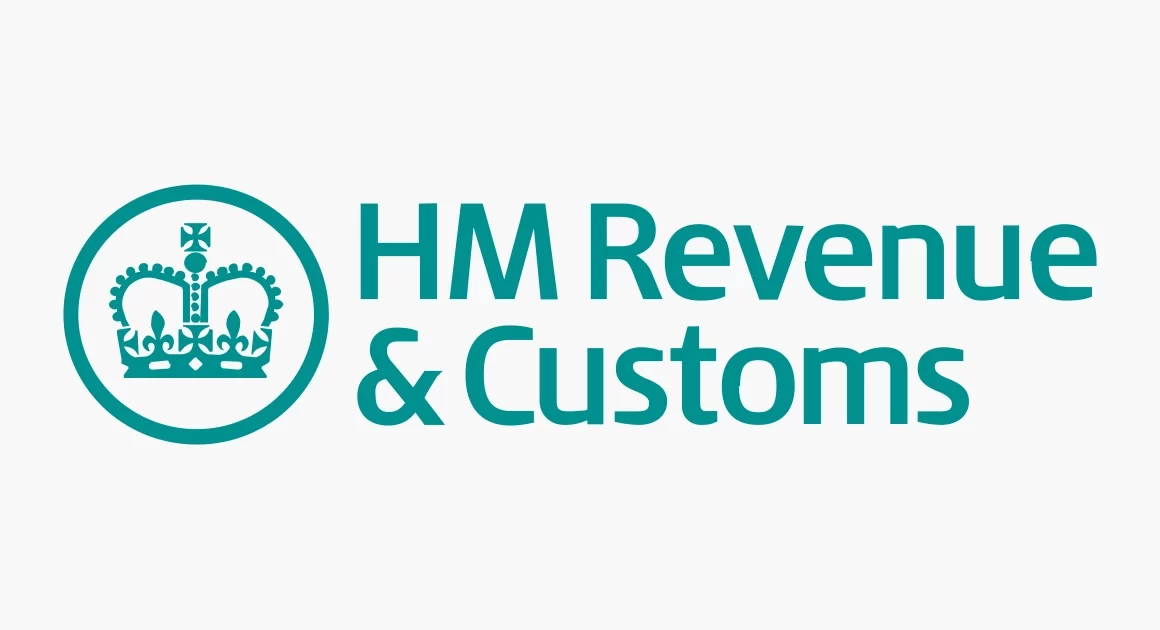Moving to the UK can be an exciting yet challenging experience, especially when it comes to adapting to the local language and expressions. While English is the primary language, the way it’s spoken in the UK can differ significantly from other English-speaking countries. As a new resident, learning some common UK phrases and expressions can help you navigate daily life more comfortably and connect with locals. Here’s a quick guide to get you started!
1. Basic Phrases to Know
When settling into a new environment, knowing some basic phrases is essential. Here are a few that will help you in everyday conversations:
- “How’s it going?” – This is a casual way of asking someone how they are. It’s commonly used by Brits, especially among friends and peers.
- “Cheers!” – In the UK, “cheers” is used in many contexts. It can mean “thank you,” as in “Cheers for helping me out,” or “goodbye,” as in “Cheers, mate.”
- “Excuse me” – This polite phrase is useful when trying to get someone’s attention or apologising for a minor inconvenience.
- “Sorry” – Brits are known for saying “sorry” even when it’s not their fault! It’s a way of expressing politeness or apologising for small disruptions.
2. Common UK Expressions
Understanding common UK expressions will help you feel more comfortable in conversations. These are just a few examples:
- “Fancy a cuppa?” – A typical British way of offering tea or coffee. Tea is a big part of British culture, so don’t be surprised if someone asks if you’d like one!
- “I’m knackered” – This means you’re really tired. Brits often use this informal expression when they’re exhausted from a long day.
- “It’s not my cup of tea” – This phrase is used to express that something is not to your liking or preference.
- “The weather’s terrible, isn’t it?” – Brits often talk about the weather, whether it’s raining, sunny, or cloudy. It’s a common conversation starter.
3. Understanding British Politeness
Politeness is a key aspect of British culture, and this is often reflected in the language. It’s common for people to use words like “please,” “thank you,” and “sorry” frequently. Additionally, indirect language is often used to soften requests or statements.
For example:
- “Could you possibly help me with this?” – Instead of directly asking, “Help me,” this sounds more polite.
- “Would you mind if I…?” – A gentle way to ask if someone is okay with something, like, “Would you mind if I opened the window?”
4. Slang and Regional Variations
The UK is home to diverse regional dialects, and each area has its own slang. For example, in London, you may hear “Mate” to refer to a friend, whereas in the North, “Lad” or “Love” is often used. “Brolly” (umbrella), “Chuffed” (happy), and “Lorry” (truck) are just a few examples of British slang you might encounter.
5. Final Thoughts: Navigating the UK’s Language
While British English might seem a bit different from what you’re used to, it’s all part of the rich cultural experience. Whether you’re having a chat with a neighbour, visiting a café, or navigating public transport, understanding these basic phrases and expressions will help you settle in quicker and make your new life in the UK a lot easier!
By practising these expressions and being open to the British way of speaking, you’ll not only enhance your communication skills but also feel more integrated into the local culture. Welcome to the UK!





